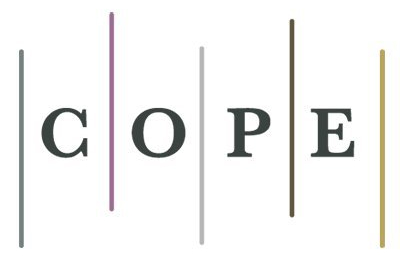Into the Field: a Reflexive Narration of Critical Policy Studies
Keywords:
policy field critical policy studies, postpositivism, argumentation, interpretationAbstract
This article aims at presenting a narrative of Critical Policy Studies as a school of thought that is built, reflexively, within the Policy Studies field, consolidating and pluralizing it. This approach, although little known in Brazil, represents, increasingly, an alternative and a consistent path of studies, that distinguishes itself by assuming the centrality of language as an unit of analysis in policy processes; choosing interpretation as a method; taking the arguments as the main research material and post-positivism as its purpose. Methodologically, this article has been built through a narrative review of the literature and it adopted, as a starting point, the discussion forum on “what is critical?”, published in the Critical Policy Studies Review (2016 edition), and the Handbook of Critical Policy Studies itself (Fischer, Torgerson, Durnová & Orsini, 2016). In five sections, we narrate the development of Critical Policy Studies School passing, mainly, through interpretative and argumentative approaches, seeking to establish fertile dialogues with analysts, bureaucrats, managers and researchers. As well as with all those interested in facing the challenges of producing other narratives and developing new research and teaching processes in this field of studies, with the objective of making the Policy Studies field more diverse and more consistent with the Brazilian reality. We conclude that, paradoxically, the plurality - disciplinary, epistemological, methodological, theoretical and thematic - that characterizes the development of the Policy Studies field, in Brazil, still falls short of meaning more participatory, inclusive and democratic public policies. In this sense, we believe that the effort to contribute to the introduction of this literature in the Brazilian Policy Studies field not only presupposes the adoption of a critical-reflexive research stance, but also represents a first step towards the adoption of increasingly democratizing practices in the Policy field.
Downloads
Downloads
Published
How to Cite
Issue
Section
License
This work is licensed under a Creative Commons Attribution 4.0 License.
The O&S adopts a Creative Commons Attributions License 4.0 in all published works, except where specifically indicated by copyright holders.





